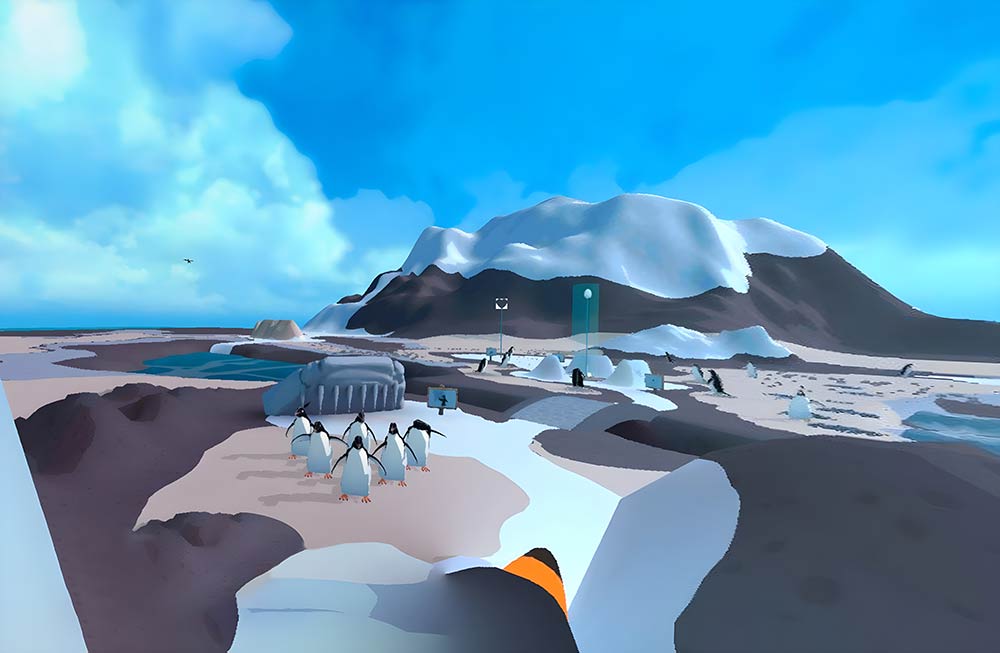
Wisconsin Polar Science VR
This NSF AISL project provides a new means to engage with the public, and in particular, the rural and Latinx communities, to better understand polar research through a collection of immersive virtual reality (VR) experiences collectively known as Expedition VRctica. Reflecting a national trend, nearly 1 in 5 students attending rural schools are Latinx. Rural libraries have shown to have the potential for increasing public understanding of science and promote increased inclusion of groups underrepresented in STEM. The extreme and fascinating conditions of the polar regions create a point of engagement as few in the public fully understand the significant scientific projects based in both the Arctic and Antarctic regions of the Earth.
Expedition VRctica is enabling users to visit these remote areas and introduce the science in an engaging story-based theme. As recent advances in VR technology have enabled greater accessibility to equipment, new directions in informal teaching and learning have emerged. As VR technology costs have reduced, the challenges for informal learning centers utilizing VR equipment have shifted from procuring the hardware to the development of engaging content.
Recent work has shown that player actions inside of video games can be used to predict learning outcomes and early quitting, but little work has studied these effects in VR. Given the wealth of information about user’s virtual actions, this study is exploring how a participant’s views, actions, and decisions correlate to their learning outcomes and engagement.
Project Team: Monae Verbeke Ph.D.
